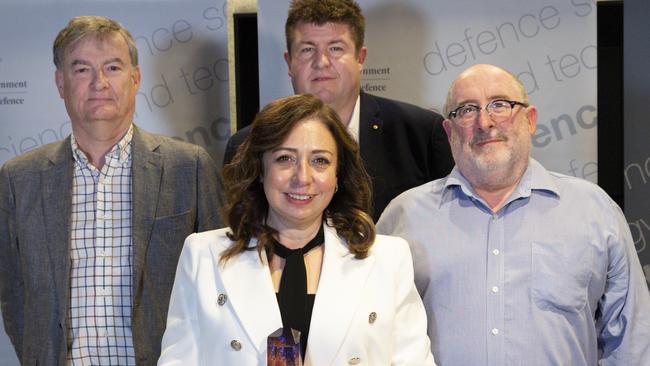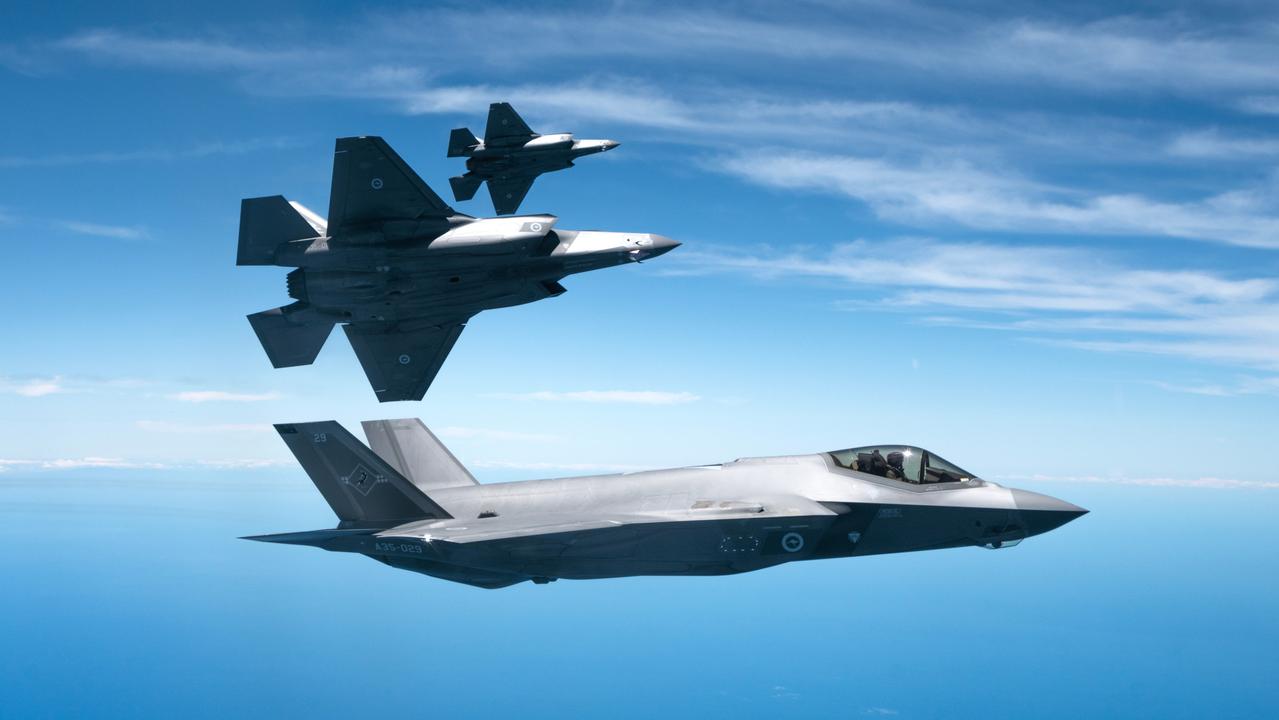RMIT has history of working with the defence sector
RMIT has partnered with Australia’s defence sector for more than 100 years. This enduring partnership continues today through research and development with the Department of Defence and the Defence Science and Technology Group (DSTG).

RMIT has partnered with Australia’s defence sector for more than 100 years; first in WWI when it trained returning servicemen, then again in WWII, supporting deployed Defence Force personnel.
This enduring partnership continues today through research and development with the Department of Defence and its agencies, particularly the Defence Science and Technology Group (DSTG).
The DSTG-RMIT Structures and Material Research Program (SMaRP) is an exemplar of mutually beneficial collaborations between Defence and the university.
SMaRP delivers responsive, high-quality outcomes and practical learning and research opportunities for students, academics, and experts in defence applied sciences and engineering. This five-year agreement covers land, sea, air, and space, and employs 15 full-time staff, including two DSTG-RMIT joint chairs, 15 PhD candidates and four undergraduates.
SMaRP received the 2022 DSTG Achievement Award in the category of Outstanding Contribution to Collaborative Partnerships. Another unique colla-boration is the new appointment of a DSTG-RMIT joint chair in Supersonic Propulsion and Flight Technologies. The joint chair and his team are currently developing new disruptive technology that supports future defence capability.
RMIT has also delivered many other projects that have achieved both practical outcomes for DSTG and contributed to Australia’s defence priorities and national strategies. RMIT’s Centre for Additive Manufacturing, supported the testing demonstration of a product commercialised by 1 MILLIKELVIN, a Melbourne-based start-up working alongside DSTG. The revolutionary stress imaging device, ideal for fitment in aircraft, won both the National and SME Innovation Awards at Avalon International Airshow 2023.
RMIT experts are also working on DSTG Next Generation Technologies Fund projects including: a sovereign chip-scale quantum atomic clock from the Integrated Photonics and Application Centre; a sub-nanotesla hybrid diamond, fibre-sensing platform by the ARC Centre of Excellence Centre for Nanoscale BioPhotonics; a multi-function aper-ture grand challenge research phase in radio frequency by electronic and telecommunications engineers; and the Explainable and Unified Spatial Reasoning and Sensor Fusion project with geospatial scientists.
The Department of Defence Strategic Policy Grants Program has funded multi- and cross-disciplinary projects spanning STEM, business, global relations, and policy. Two of these RMIT-led projects are Maritime Supply Chain Security in the Indo-Pacific Region: threats and policy implications for Australian Defence and Implications of Artificial Intelligence in a Trilateral Context.
A multi-university partnership supported by the Commonwealth and Northern Territory governments and Industry 4.0 leader Siemens, is currently building an I4.0 test lab in Darwin. The Charles Darwin-RMIT I4.0 TestLab will boost Australia’s sovereignty in uncrewed autonomous systems and manufacturing and deliver a diploma of Advanced Manufacturing.
RMIT is also training Australia’s workforce in tandem with the defence sector with cohort-based, industry-driven, multidisciplinary vocational and higher-education graduate training programs. New initiatives include multiple CSIRO Data61 Next Generation graduate programs in artificial intelligence and emerging technologies, and training for the Department of Defence Joint Logistics Command, delivered by RMIT’s College of Vocational Education.
This ongoing synergy between RMIT and Defence continues to strengthen the university’s commitment to supporting the defence sector in research and development, and workforce training.
-
Rosy Calabro is the defence centre co-ordinator at RMIT University.


